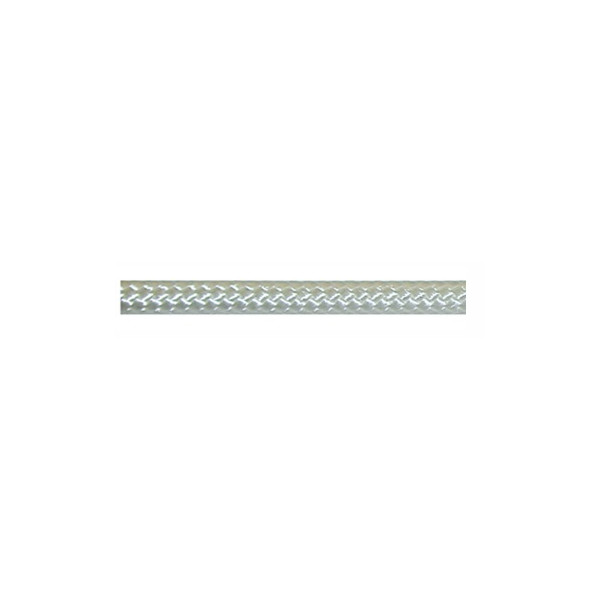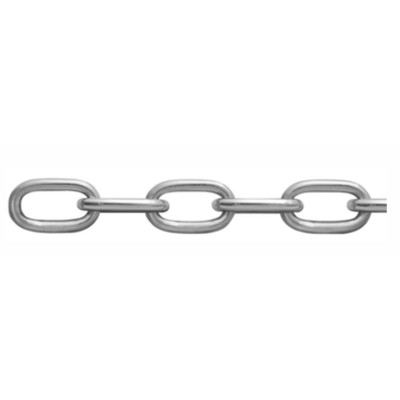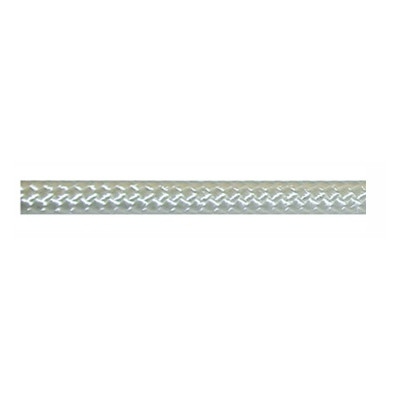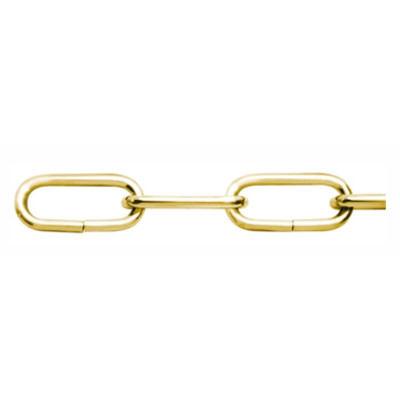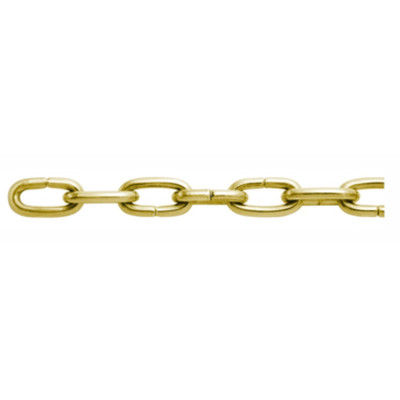Nylon is a generic designation for a family of synthetic polymers known generically as polyamides.
Nylon properties
- Specific Gravity: 1.13, Nylon does not float
- Polyamide is durable and strong with excellent abrasion resistance
- Nylon will stretch a lot before breaking. It is quite elastic and a good shock absorber. This makes it a good choice for live loads, including towing and anchoring.
- Melts instead of burning, if burned emits some cyanide.
- Good strength to weight ratio
- The UV resistance of Nylon is good.
- When dry, polyamide is a good electrical insulator. Because it absorbs water the properties of Nylon can change when it is wet.
Nylon rope is usually made from long extruded mono-filament. Nylon rope comes either braided or twisted. Nylon can be dyed and is available in many colors. Some people who have traditional boats have dyed their nylon dock and anchor lines a browny colour to make them look more authentic. Avoid strong bases and acids if you want to try this. Do a test first. Paracord is traditionally a nylon rope used to suspend parachutes. Paracord knotting and braiding has become a popular craft among survivalist and others.
Some nylon rope is available with water repelling coating which reduce water absorption and loss of strength. Nylon mono-filament has been the mainstay of fishing line for many years. Most boat docking lines are made from nylon and are available in many sizes and colors.
Anchor lines for small yachts are often nylon. The natural stretch of the lines helps to cushion the boat.
Advantages
- Nylon can be made to be very lustrous, semilustrous or dull
- Nylon can be dyed and is available in many colours.
- Polyamide has good UV resistance
- It is relatively inexpensive.
- It's quite resistant to solvents and oil, but does not like strong bases and acid.
- Resists rot and mildew but can stain particularly in water soluble stains.
- Doesn't burn
- Nylon is strong, resistant to abrasion
- Nylon is elastic and stretches UP TO 40% (more commonly 15-25%). It makes good mooring, anchor and dock lines. It is also widely used as towing lines for this reason.
- Can be made to feel soft and pleasant to the hand.
Disadvantages
- It sinks
- Releases harmful chemicals when it degrades in high heat.
- Because it is quite stretchy, it is not suitable where a line needs dimentional stability such as rigging.
- Nylon has been known to shrink and because of this it is usually heat set.
- Nylon loses strength when wet, Sometimes as much as 20% of dry strength.
- If nylon is repeatedly cycled at high percentage of its breaking strength, it generates a large amount of internal heat, which degrades the performance of nylon and can cause failure at high loads, such as anchor rodes during a storm.
Technical Parameters:
| Color | White | Number of strands | 16 | |
| Tensile strength | 450 kg | Coil | 95 m |
Strength Parameters:
| Rope Diameter | Minimum Breaking Strength | Safe Load | Weight | ||
| (Safety Factor 6) | |||||
| (mm) | (kN) | (kg) | (kN) | (kg) | (kg/m) |
| 5 | 3.91 | 399 | 0.652 | 66 | 0.013 |
| 6 | 6.61 | 674 | 1.102 | 112 | 0.023 |
| 8 | 10.2 | 1040 | 1.702 | 174 | 0.036 |
| 10 | 14.4 | 1468 | 2.4 | 245 | 0.053 |
| 11 | 19.2 | 1958 | 3.2 | 326 | 0.071 |
| 12 | 25.2 | 2570 | 4.2 | 428 | 0.094 |
| 14 | 32 | 3263 | 5.34 | 545 | 0.119 |
| 16 | 39.6 | 4038 | 6.6 | 673 | 0.147 |
| 18 | 56.8 | 5792 | 9.52 | 971 | 0.213 |
| 22 | 76.9 | 7842 | 12.82 | 1307 | 0.29 |
| 24 | 98.9 | 10085 | 16.46 | 1678 | 0.377 |
| 26 | 112 | 11421 | 18.68 | 1905 | 0.427 |
| 28 | 126 | 12848 | 21 | 2141 | 0.479 |
| 30 | 155 | 15806 | 25.8 | 2631 | 0.591 |
| 32 | 170 | 17335 | 28.4 | 2896 | 0.65 |
| 36 | 216 | 22026 | 36 | 3671 | 0.848 |
| 40 | 255 | 26003 | 42.6 | 4344 | 1 |
| 44 | 294 | 29980 | 49 | 4997 | 1.16 |
| 48 | 376 | 38341 | 62.8 | 6404 | 1.49 |



